The Mansion
The Mansion
A Short Story
Book Excerpt
ur money. There are no rumors about your father. He has kept the laws of God and of man. He has never made any mistakes." Harold got up from his chair and poked the fire. Then he came back to the ample, well-gowned, firm-looking lady, and sat beside her on the sofa. He took her hand gently and looked at the two rings--a thin band of yellow gold, and a small solitaire diamond--which kept their place on her third finger in modest dignity, as if not shamed, but rather justified, by the splendor of the emerald which glittered beside them.
"Mother," he said, "you have a wonderful hand. And father made no mistake when he won you. But are you sure he has always been so inerrant?"
"Harold," she exclaimed, a little stiffly, "what do you mean? His life is an open book."
"Oh," he answered, "I don't mean anything bad, mother dear. I know the governor's life is an open book--a ledger, if you like, kept in the best bookkeeping hand, and always ready for inspection--every page correct, and showing a han
Editor's choice
(view all)Popular books in Short Story, Fiction and Literature
Readers reviews
4.0
LoginSign up
Henry Jackson van Dyke (1852-1933) attended Princeton University, then served as pastor of the Brick Presbyterian Church in New York City. Seventeen years later, he returned to Princeton as a professor of English literature. Afterward, he held a number of eminent posts: American ambassador to the Netherlands and Luxembourg, moderator of the General Assembly of the Presbyterian Church, Commander of the Legion of Honor, and President of the National Institute of Arts and Letters. He is also author of the well-known hymn Joyful, Joyful, We Adore Thee as well as several others.
The Mansion (c. 1901) is a morality tale little respected in today's secular atmosphere, but in the time it was written it served as a cautionary fable about the balance between living in the secular world and being spiritual. Though the plot is obviously modeled on Dicken's A Christmas Carol, The Mansion is more like a sermon illustration. However, it also serves as a window to the world of New York and the Victorian mores of 1901.
The Mansion (c. 1901) is a morality tale little respected in today's secular atmosphere, but in the time it was written it served as a cautionary fable about the balance between living in the secular world and being spiritual. Though the plot is obviously modeled on Dicken's A Christmas Carol, The Mansion is more like a sermon illustration. However, it also serves as a window to the world of New York and the Victorian mores of 1901.
- Upvote (0)
- Downvote (0)
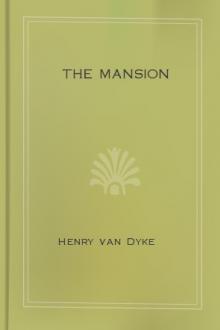
 Free Download
Free Download





















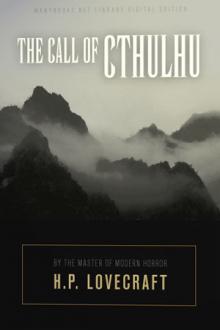

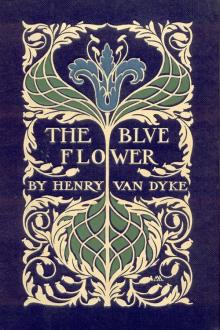
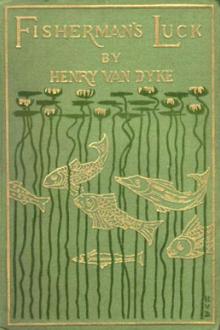
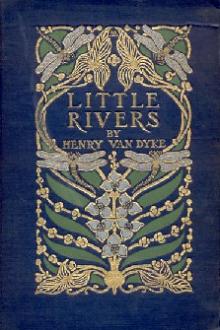
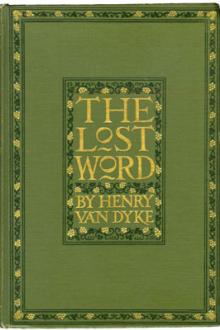
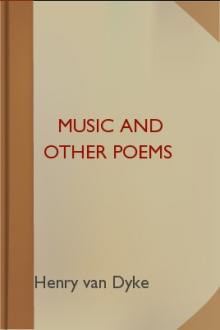
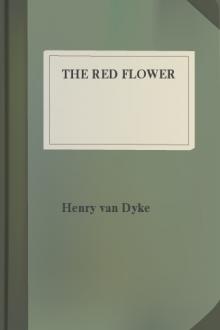
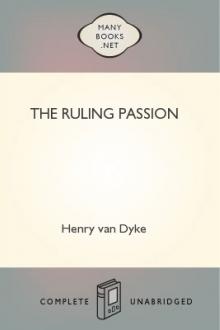
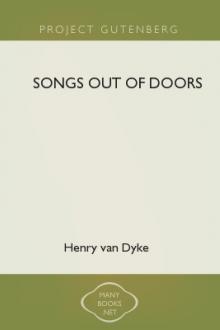
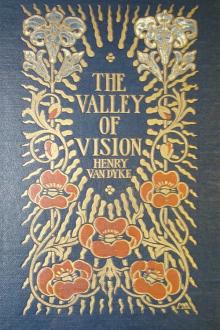
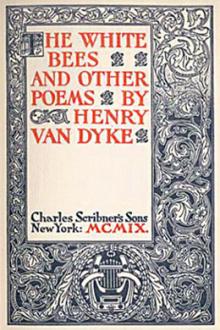
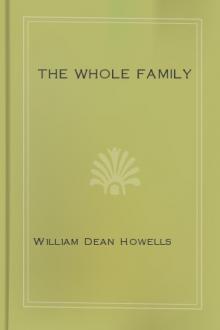
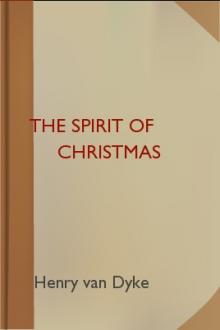
-itok=vcKIB5v1.jpg)